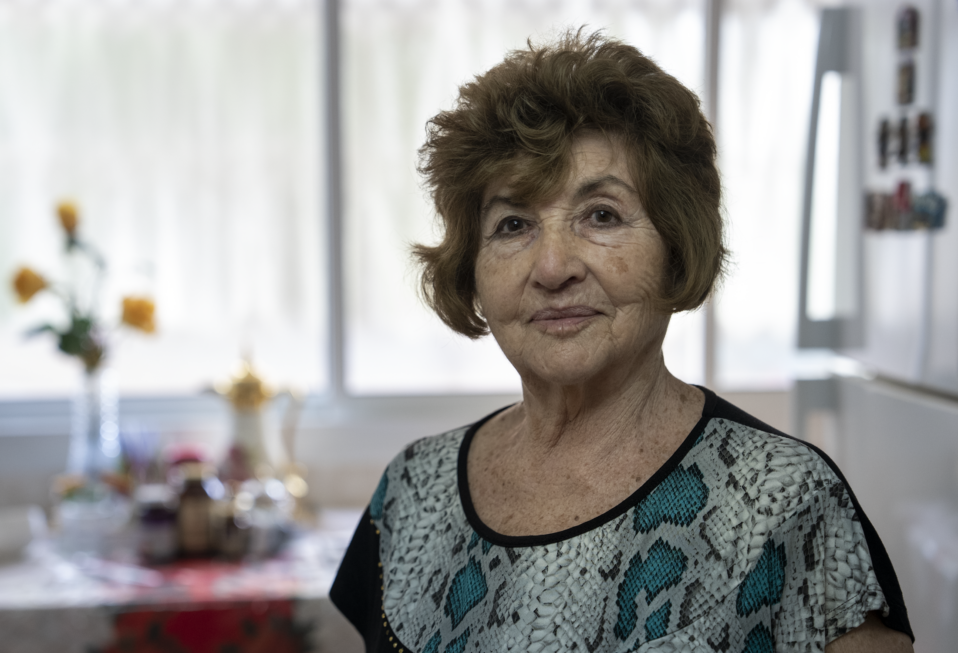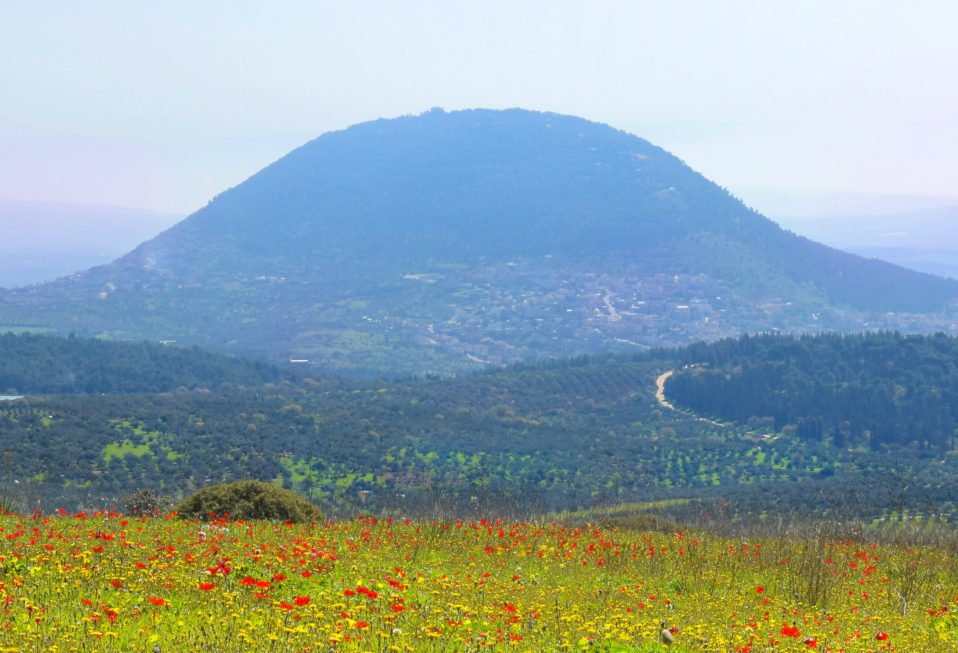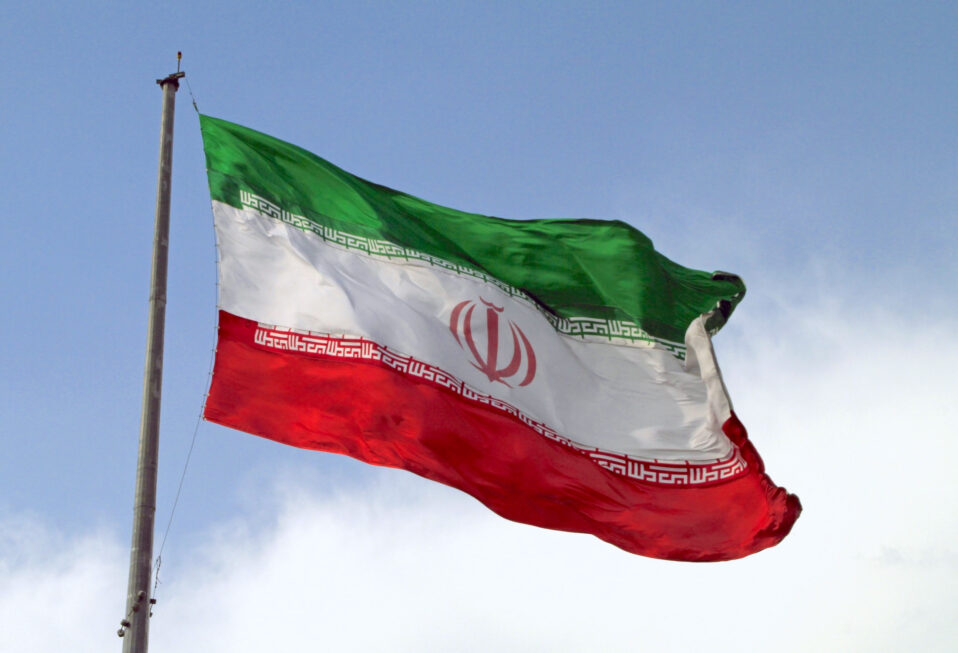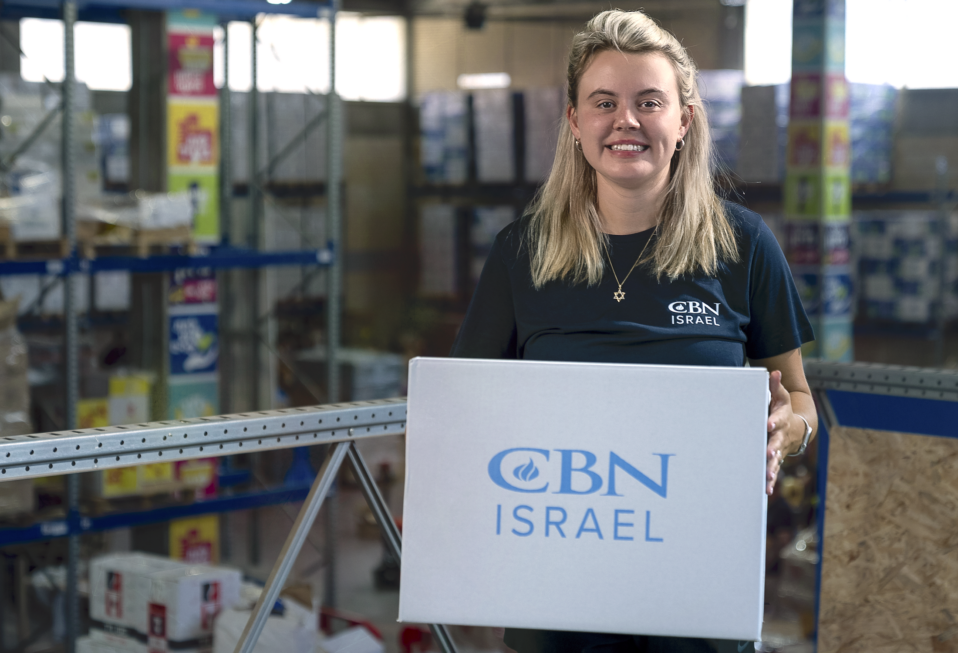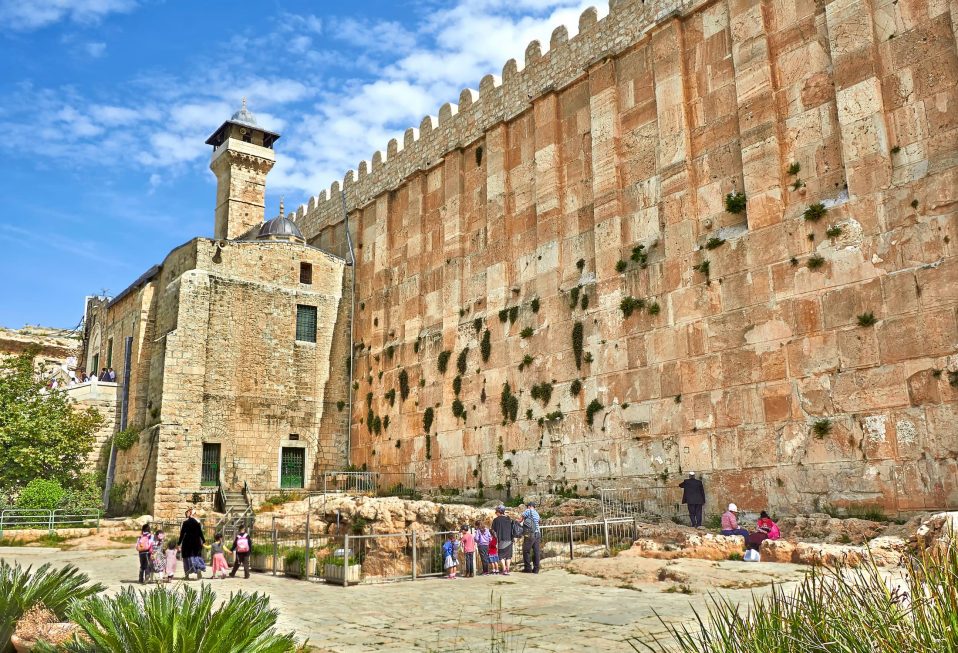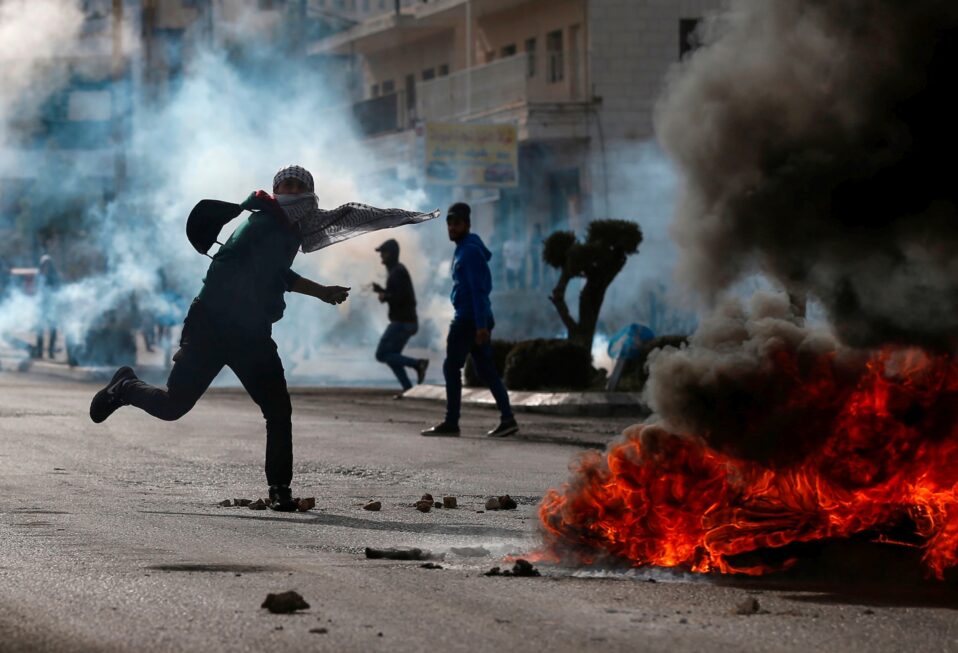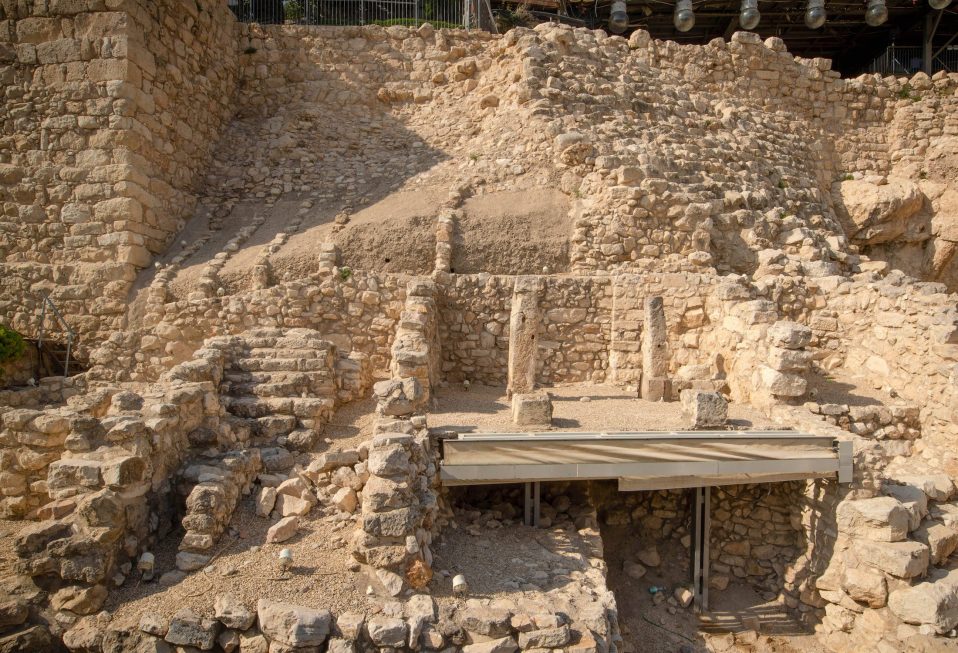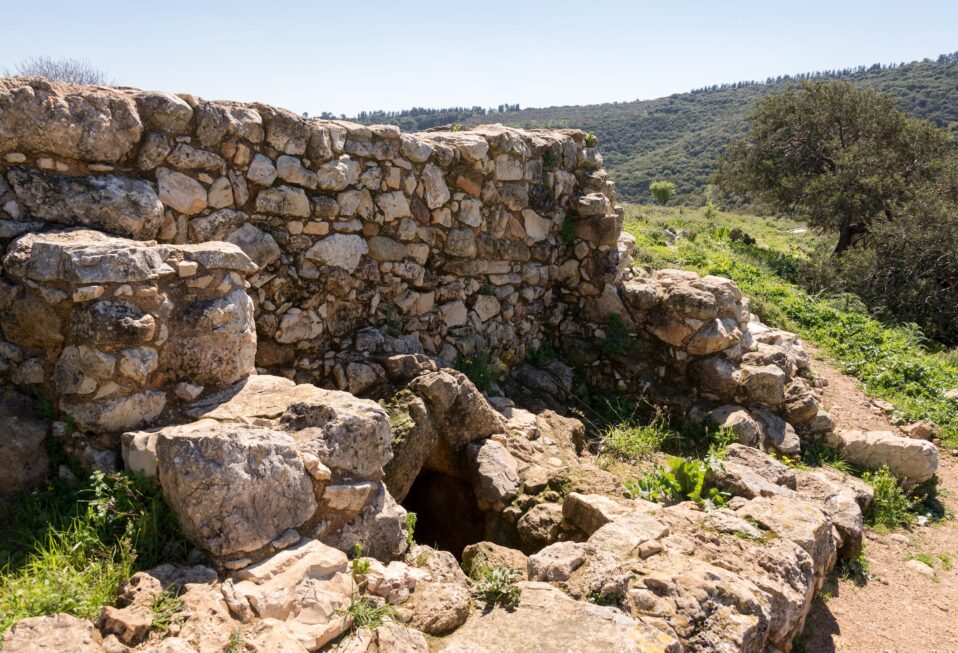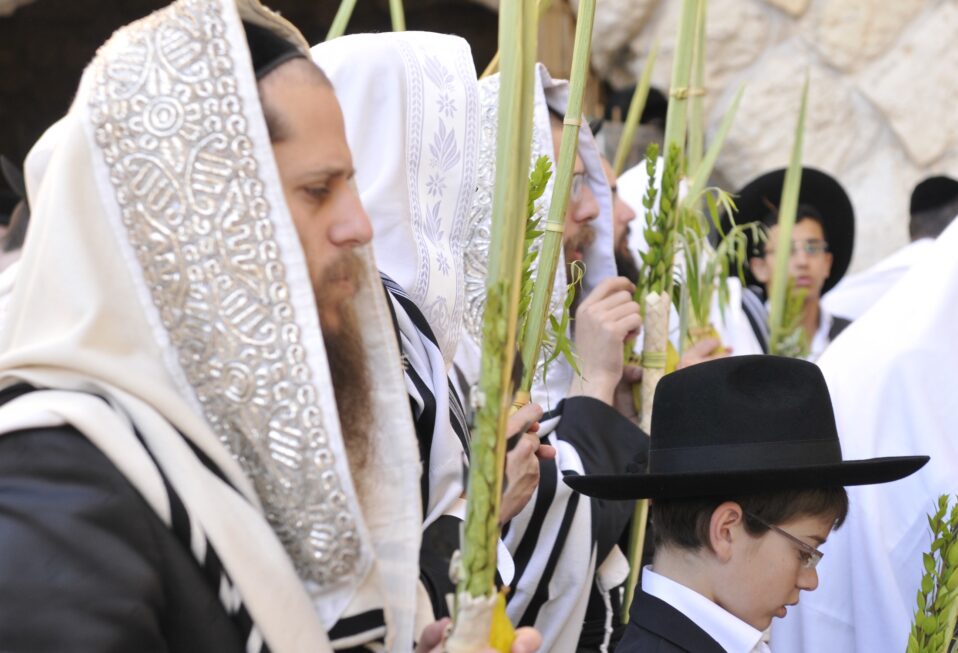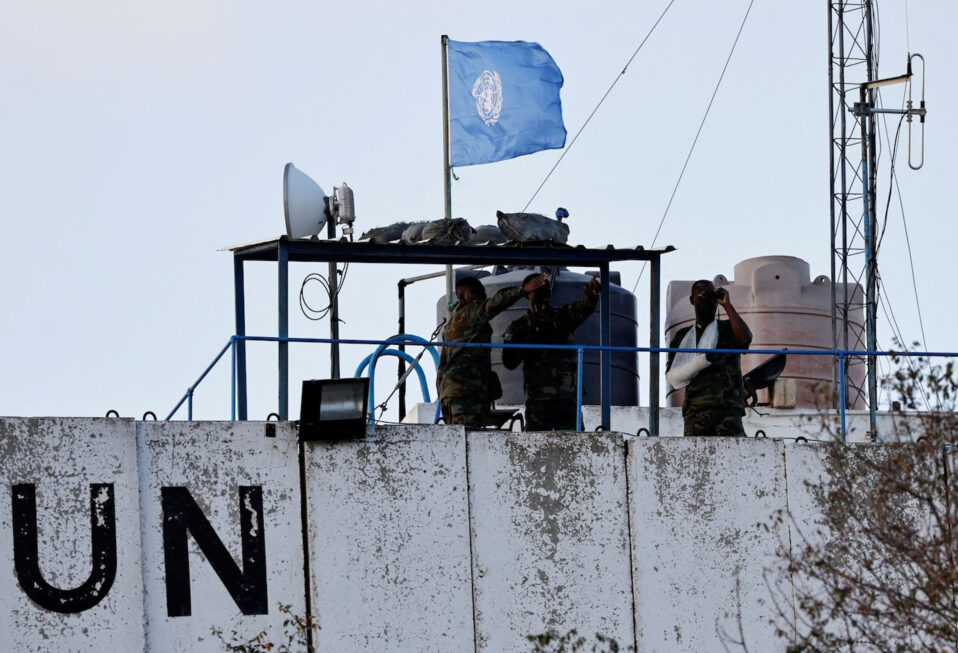By Arlene Bridges Samuels
A special box of beautiful and useful Israeli-made products arrives at our front door several times a year. Ordering merchandise made in Judea and Samaria is one way to support Israelis, especially now during the war being carried out by the Islamic Regime. Our box was shipped from Lev Haolam, a subscription gift box service operating in the Judean hills south of Jerusalem. The company bears a profound Hebrew name. In English it means heart of the world (Lev, heart and haolam, the world).
A few years ago, when I visited Shiloh in the Judean Hills of Samaria, a sense of awe filled my every step. This was the Tabernacle’s resting place for 369 years, built before the First Temple. Eli, Hanna, and Samuel walked in Shiloh, which is biblically described as Israel’s first capital. Shiloh’s Hebrew name means “tranquil” or “He Whose it is.”
But since October 7, attacks, assaults, and arson—supported and celebrated by most Arab Palestinians living in what the world calls the West Bank—are turning the heartland into a hotbed of hatred. The Islamic Republic of Iran is making the West Bank Palestinians into another powerful proxy.
The lackluster name West Bank is in essence a moniker, a nickname that holds little meaning except perhaps to a broad swath of politicians, leftists, Arabs, and the secular world. West Bank is simply the west bank or west side of the Jordan River in Israel. Keep in mind that the name West Bank—used since 1950—and the ancient names Judea and Samaria refer to the same location. However, most Jews and Christians who respect the Bible refer to it as Judea and Samaria or the biblical heartland.
Threats are mounting against the heartland’s 500,000 Jewish citizens. The U.S. government estimates that 3 million Palestinians live in Judea and Samaria. It is lopsided when it comes to 500,000 overwhelmingly peaceful Israeli citizens and far too many Arabs brainwashed with mind-altering hatred.
Cities in the biblical heartland that are governed by the Palestinian Authority—cities like Nablus, Jenin, Tulkarem, and Kalkilya—are now direct proxies of the Islamic Regime. It is another battle in Israel’s existential war against terror with an Iranian weapons pipeline that began in 2005. Simply put, Iran’s current route from Hezbollah in Lebanon, through Syria (which borders Israel and Jordan), means increasingly advanced weapons are smuggled into the West Bank. Now you may understand why, for almost 20 years, the Israel Defense Forces (IDF) were forced to go into Palestinian cities—and that formerly unsophisticated, disorganized attack locales have been transformed into Palestinian terror strongholds. The Islamic Regime is also committing a violation of Jordanian sovereignty, which has had a peace treaty with Israel since 1994.
In his July 8 article on IsraelHayom.com, David M. Weinberg outlines some of the statistics, writing that “more than 5,000 Palestinian bomb, car-ramming, knifing, and shooting attacks a year [are] aimed at killing Israeli civilians in Judea and Samaria.” Thus far this year, the increasing terror threats since the Hamas War have required Israel to “eliminate 450 terrorists in Judea and Samaria” with “more than 60 Israeli brigade-level raids” and arrest 3,600 suspected terrorists. In fact, some 8,000 Israeli reservists are stationed nearby in the heartland.
As one of many smuggling examples, in March IDF and Shin Bet (Israel’s internal security) discovered an entire arsenal. They seized large fragmentation bombs, five anti-tank weapons, four grenade launchers, 31 rocket-propelled grenades, five advanced explosive mechanisms, 25 grenades, 50 guns, and more! IEDs (Improvised Explosive Devices) are favorites that Palestinians use to plant in the ground. These IEDs are not conventional warfare, and the terrorists are using them more frequently in the biblical heartland. Recently, two IDF soldiers were killed by these roadside bombs, which are planted inside Palestinian refugee camps, towns, and residential neighborhoods.
Israel’s security in the heartland is exceedingly worrisome when it comes to IEDs. These deadly devices are easy to make in most any size and can be buried even under concrete. The Times of Israel reports that since January, Palestinians have thrown more than 1,000 IEDs at Israeli troops. In addition, the IDF has disarmed more than 50 weapons labs and found and disarmed 150 IEDs. The IDF is now pointedly and quickly ramping up the formerly porous Jordanian-Israeli border with, among other assets, a Military Intelligence Satellite Unit 9900 in the heartland. In April’s Iranian barrage of drones, ballistic missiles, and cruise missiles against Israel, the Jordanians helped the U.S., UK, France, and Israel deflect 99 percent of the torrent, realizing that they themselves were in the danger zone.
The Palestinian terrorists are fast becoming more proficient in their goal to murder Jewish men, women, and children. The years-long grassroots attacks, definitely a terrible reality, are quickly becoming more of a force to be reckoned with. In addition, the word complexity takes on another dimension when it comes to the geographical makeup of Judea and Samaria. Here in the biblical heartland, Jewish and Palestinian towns and villages are closely interwoven within irregularly shaped and geographically unorganized enclaves of Arabs and Jews.
With hundreds of thousands of active and reserve soldiers defending Israel, the biblical heartland is more vulnerable than ever—especially in their puzzle-piece communities of Arabs and Jews. Even the women, as an example, are stepping into their security gap by arming themselves and training on the gun ranges. Several of the women voiced this necessity: “My husband was conscripted, and I needed a tool to save my children.” Another observed, “It’s only a matter of time before they [terrorists] come and it won’t surprise me. I’ll do everything not to be slaughtered in bed.” An additional comment referred to the Bible, “I decided to become a fighter, like women from our history.”
One of the skilled women trainers said that every time she comes to the gun ranges, she thinks to herself, “It is in the name of God, for my home and family.” As a mother, that would be my reasoning too. And every time I receive and touch products from Israel’s heartland, I am interacting with God’s eternal Holy Land where in the Bible Samaria is mentioned 117 times and Judea, 817 times.
Claims made about Judea and Samaria belonging to Arabs are not a fact in reliable history books, most especially in the Bible, which outlines God’s land deed to the Jews’ ancestral homeland. The Holy Land remains as “God’s, Whose it is.” One day, in the Sovereign of the Universe’s timing, tranquility will reign!
Our CBN Israel team welcomes you to join us this week to pray by recalling God’s ironclad promise to Israel: “This is what the LORD says, He who appoints the sun to shine by day, who decrees the moon and stars to shine by night, who stirs up the sea so that its waves roar—the LORD Almighty is His name: ‘Only if these decrees vanish from My sight,’ declares the LORD, ‘will Israel ever cease being a nation before Me’” (Jeremiah 31:35–36).
Prayer Points:
- Pray for widespread security for all Jewish citizens in Judea and Samaria.
- Pray for IDF success to stop weapons smuggling into Palestinian-run towns.
- Pray for Israel as it ramps up its defenses against Hezbollah on its northern border.
- Pray for more Christians to order products from Judea and Samaria.
- Pray for Jordan’s continuing cooperation with Israel.
Arlene Bridges Samuels pioneered Christian outreach for the American Israel Public Affairs Committee (AIPAC). After she served nine years on AIPAC’s staff, International Christian Embassy Jerusalem USA engaged her as Outreach Director part-time for their project, American Christian Leaders for Israel. Arlene is an author at The Blogs-Times of Israel and has traveled to Israel since 1990. She co-edited The Auschwitz Album Revisited and is on the board of Violins of Hope South Carolina. By invitation, Arlene attends Israel’s Government Press Office Christian Media Summits. She also hosts her devotionals, The Eclectic Evangelical, on her website at ArleneBridgesSamuels.com.


